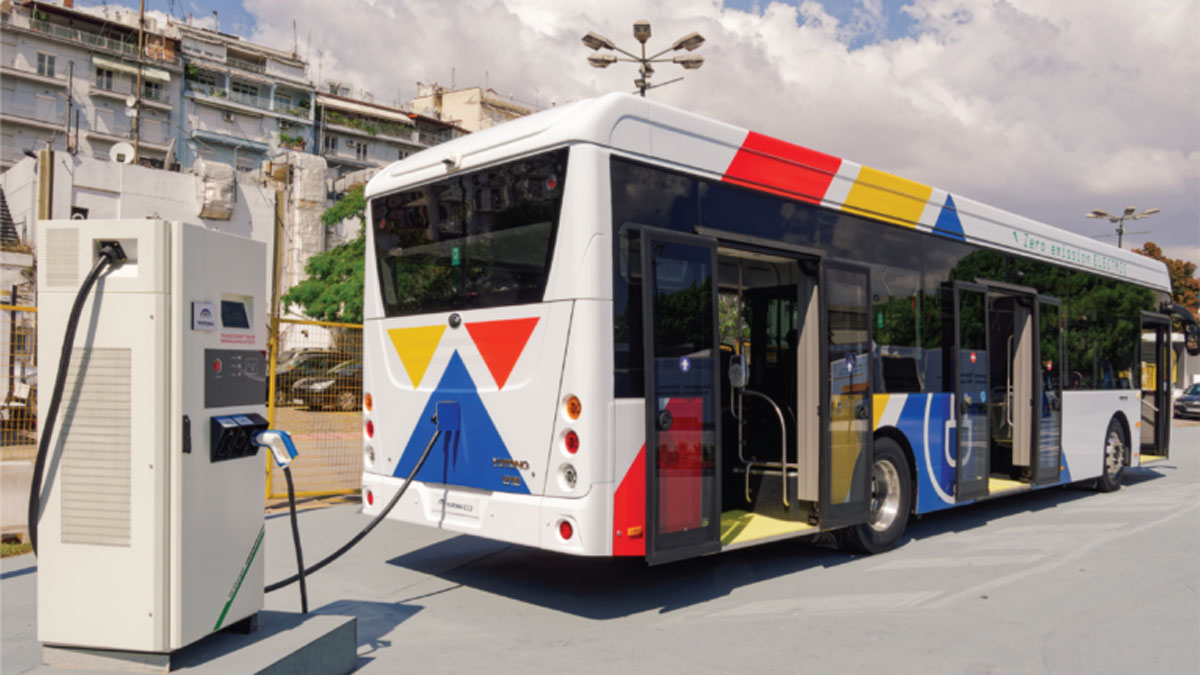This section deals with the financial resilience of OLG in the face of economic and financial challenges of the current financial era and practices to be followed to ensure the necessary resources.
Practices, solutions, ways of informing and assisting local authorities in the efficient use of resources, mainly from the NSRF, State Grants, European Programmes and the Green Fund, for the purpose of development projects for the benefit of the community will be discussed.
Speakers will examine effective financial management, innovative approaches to revenue generation and practical measures to address financial uncertainties, with a view to generating practical ideas for building the financial resilience of LAs. Representatives from funding agencies will present effective approaches to accessing and utilising all funding opportunities.
Public-Private Partnerships (PPPs) for local development projects will also be explored, analysing all the advantages and the need to create a framework to facilitate public-private partnerships.










